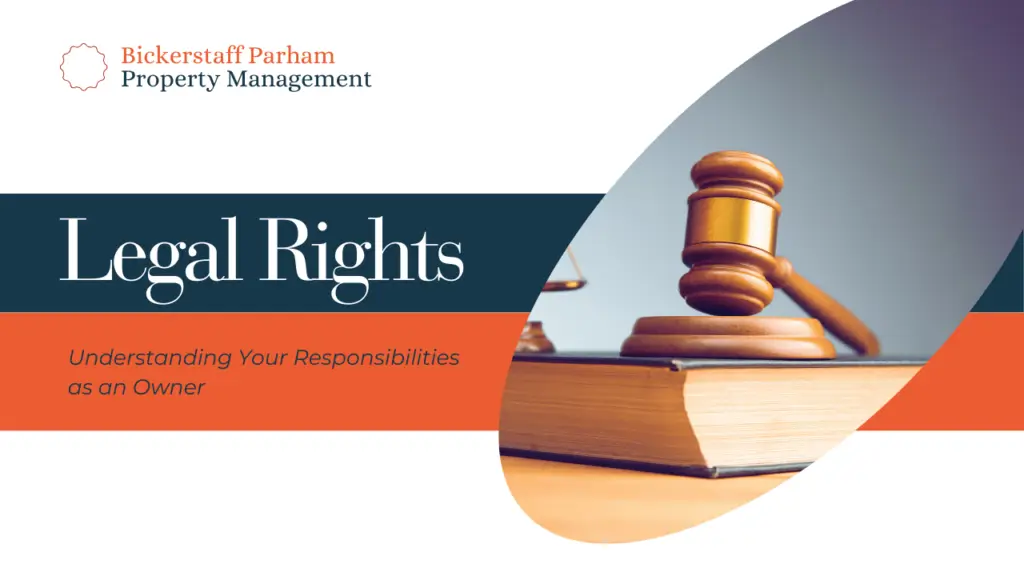It’s easy and common to make a legal mistake when you’re renting out a property in Columbus, Georgia.
Unfortunately, those mistakes are often expensive.
We’re helping you understand your legal rights and responsibilities, today, so that you can avoid those legal pitfalls that tend to trip up even the most experienced landlords and owners.
Here are some of the most important things you need to understand.
Georgia’s Habitability Laws
Your first responsibility is to provide a habitable rental property. All utilities must work, and tenants must have access to water, heat, and electricity. At move-in, provide your tenant with a list of any damages or pre-existing problems that can be found in the property.
The laws in the state of Georgia also instruct you not to make tenants pay for repairs unless that tenant caused the damage. If that’s the case, make sure you can document the damage that was done.
Also, if you don’t respond to a needed repair or there is a habitability issue at your property that the tenant has asked you to address, they could take the matter to the local housing code department. That may trigger an inspection, and you could receive a violation. Tenants can also sue for damages if you don’t make the necessary repairs. They might make their own repairs and then ‘deduct’ the cost of repairs from their next rental payment.
Columbus, GA Fair Housing Laws
Fair housing laws start at the federal level, with the Fair Housing Act. This law protects people seeking housing against discrimination based on race, skin color, religion, national origin, sex (including gender identification and expression), disability, and familial status. Those are the seven protected classes provided by the federal government, and the Georgia state law follows the federal law.
You may think you’d never discriminate. But, you could do so unintentionally when you’re screening tenants or marketing your property. Pay attention to language. Create consistent and well-documented policies.
Security Deposit Laws in Georgia
Here’s what you need to know about security deposit laws and your Columbus rental:
- Deposits are refundable. There is no such thing as a nonrefundable security deposit. While you will collect a deposit to protect yourself against potential lease breaks, nonpayment of rent, or tenant damage, the money still belongs to your tenant while you are holding it.
- Deposits must be returned within one month of move-out. At the end of the lease term, you have one month from the date that your tenant moved out to return the security deposit and/or an itemized accounting of why money was withheld and what it’s being used for.
- You can charge for damage but not wear and tear. This is sometimes tricky. Use your condition reports from the move-in and move-out inspections to determine what qualifies as normal wear and tear and what would qualify as tenant damage.
Evicting Tenants in Columbus, GA
 The eviction process in Georgia is fairly straightforward, however we don’t recommend that you take steps towards eviction without first talking to a Columbus property manager or an attorney who specializes in evictions.
The eviction process in Georgia is fairly straightforward, however we don’t recommend that you take steps towards eviction without first talking to a Columbus property manager or an attorney who specializes in evictions.
You can legally evict a tenant if they have not paid their rent, and you don’t have a waiting period; you can go to the courthouse as soon as your notice is served. You can also evict if a tenant has violated the lease agreement and refused to come into compliance, or if the tenant has not moved out at the conclusion of the lease term.
There’s much more to tell you about legal requirements and rights. Please contact us at Bickerstaff Parham Property Management.

